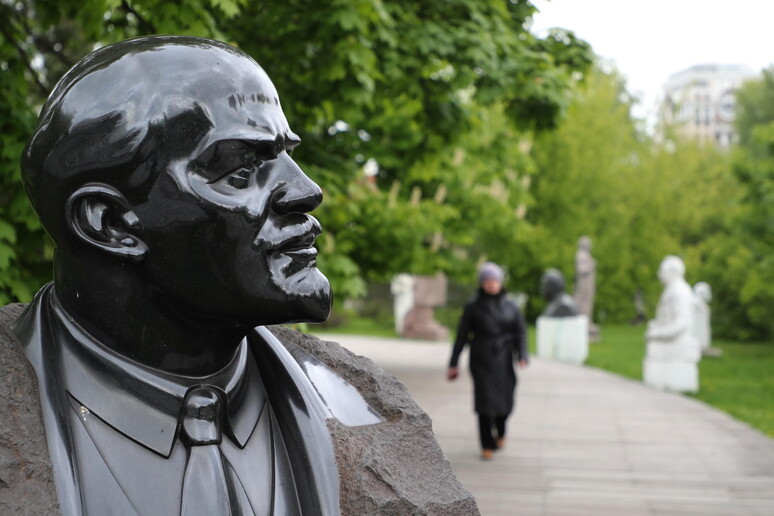A research on the history of Russia
and its future: the seminar starting from the centenary of
Lenin's death and ending with Putin's invasion of Ukraine will
see the participation of historians from five countries
(Ireland, Italy, Lithuania, Russia, Poland) on June 11th in
Warsaw. During the meeting the irishman James Ryan of Cardiff
University, Renata Gravina of La Sapienza University, Andrejs
Gusachenko of the University of Lithuania, Alexei Vasiliev of
the Russian Academy of Sciences, and Michal Patryk Sadlowski of
Warsaw University will try "to assess the research on Russia in
the West because Lenin was undoubtedly one of those politicians
who radically influenced the destiny of Russia, Europe and the
world".
"The consequences of this policy - explains Sadlowski - are
particularly visible after the collapse of the USSR. Since the
end of the Soviet era, in fact, the states founded on the Soviet
ruins are still constructing their own identity and looking for
ways to consolidate their sovereignty. History, especially the
history of Russia, has played and still plays a very important
role in these processes. Proof of this is the invasion of
Ukraine, justified by the Russian authorities with historical
arguments'. Based on this awareness, the seminar is an attempt
for Western science to respond to the historical doubts posed by
current events.
According to historian Gravina, who will discuss the topic of
the myth of the USSR in Italy, 'although Leninism does not
represent a particularly vivid legacy in Italian society and
public opinion, the history of Italian communism and the party's
conflictual relationship with Marxism-Leninism, represent the
interpretative figure of the parabola of the Italian republic,
from its formation to the end of the First Republic'.
The event is organised by the Research Centre on Russian
Statehood and the Department of Administrative History of the
Faculty of Law, University of Warsaw.
ALL RIGHTS RESERVED © Copyright ANSA





